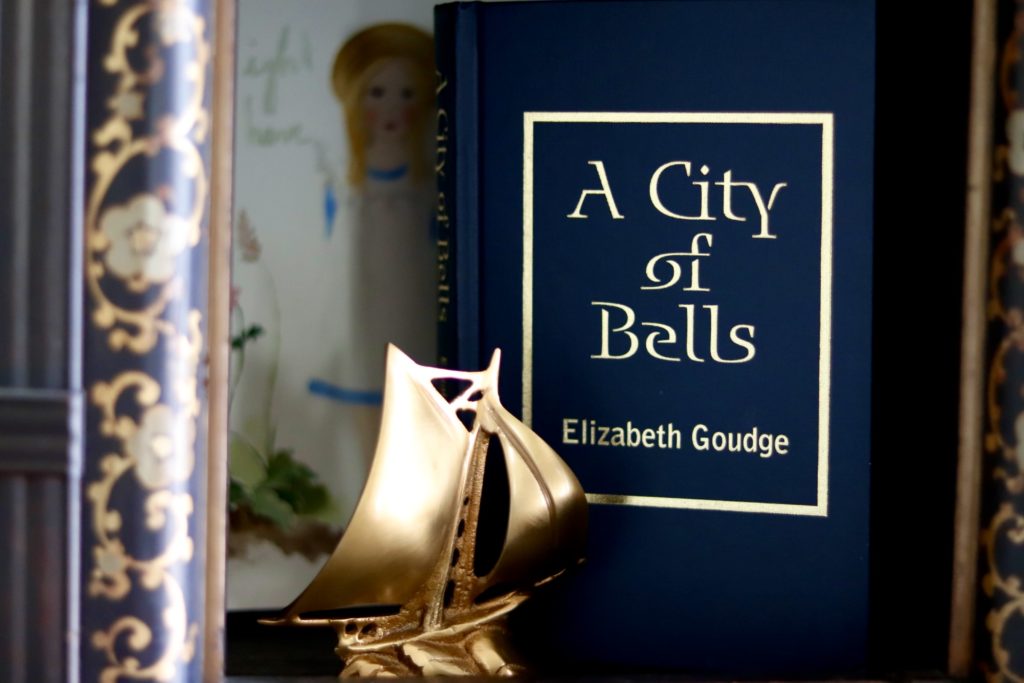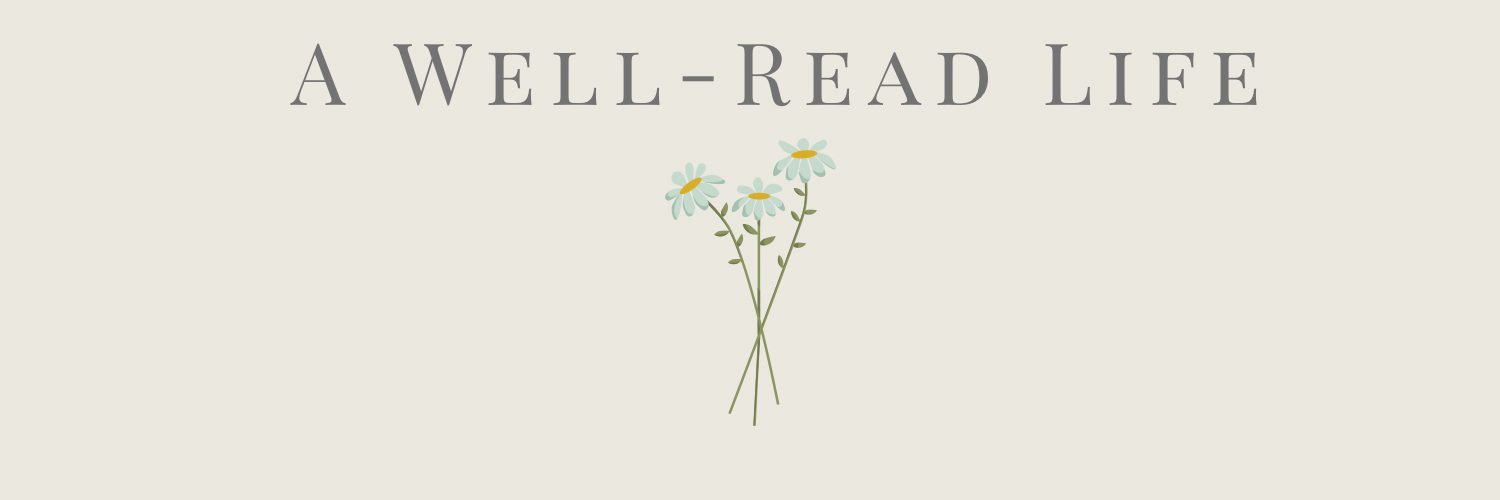 “A bookseller is the link between mind and mind, the feeder of the hungry, very often the binder up of wounds. There he sits, your bookseller, surrounded by a thousand minds all done up neatly in cardboard cases; beautiful minds, courageous minds, strong minds, wise minds, all sorts and conditions. And there come into him other minds, hungry for beauty, for knowledge, for truth, for love, and to the best of his ability he satisfies them all. . . .Yes. . . .It’s a great vocation.”
“A bookseller is the link between mind and mind, the feeder of the hungry, very often the binder up of wounds. There he sits, your bookseller, surrounded by a thousand minds all done up neatly in cardboard cases; beautiful minds, courageous minds, strong minds, wise minds, all sorts and conditions. And there come into him other minds, hungry for beauty, for knowledge, for truth, for love, and to the best of his ability he satisfies them all. . . .Yes. . . .It’s a great vocation.”
—A City of Bells
I heard the term vocation bandied about before I read the book In This House of Brede by Rumer Godden, but that reading was the first time the weight of the word struck me. In the years since reading it, the word haunted me. What am I to do with the time given to me? It is a question that wanders through my mind weekly. I am a wife and mother. I will not disparage those sacred callings in my life, but I also desire to share my love of reading and story-telling with others.
During Advent, I started re-reading A City of Bells by Elizabeth Goudge. In the evening, with the Christmas tree all aglow and the scent of a balsam candle filling the room, I immersed myself in the utter delight and beauty of the book. As I read, I was surprised to find myself revisiting this idea of vocation. Perhaps my favorite part of A City of Bells is the description of Jocelyn Irvin’s bookshop, how his work as a bookseller is a vocation, and the role the bookshop plays in the village. I have marked the quote above in my book, and it is one I hope not to forget. It is validation for the work I hope to do with my podcast. I hope you will listen to the episode to hear more about this delightful book.
It is exciting, too, to share another Elizabeth Goudge book with you on the podcast. For all of the darkness she encountered in her personal life— she battled a history of depression, one never guesses her suffering and struggle. The books are full of hope. And there is a goodness in them that the cynical among us may deem saccharine. That is until, on closer look, mining the depths of the characters she creates, we see more. It is beneath the surface, and the beauty is that the darkness in her stories never triumphs. For a time, darkness may pervade the characters’ lives, brief or long, but in the end, it must concede and succumb to the light of Christ. Elizabeth Goudge’s books are hard-fought and hard-won stories of Good News.
